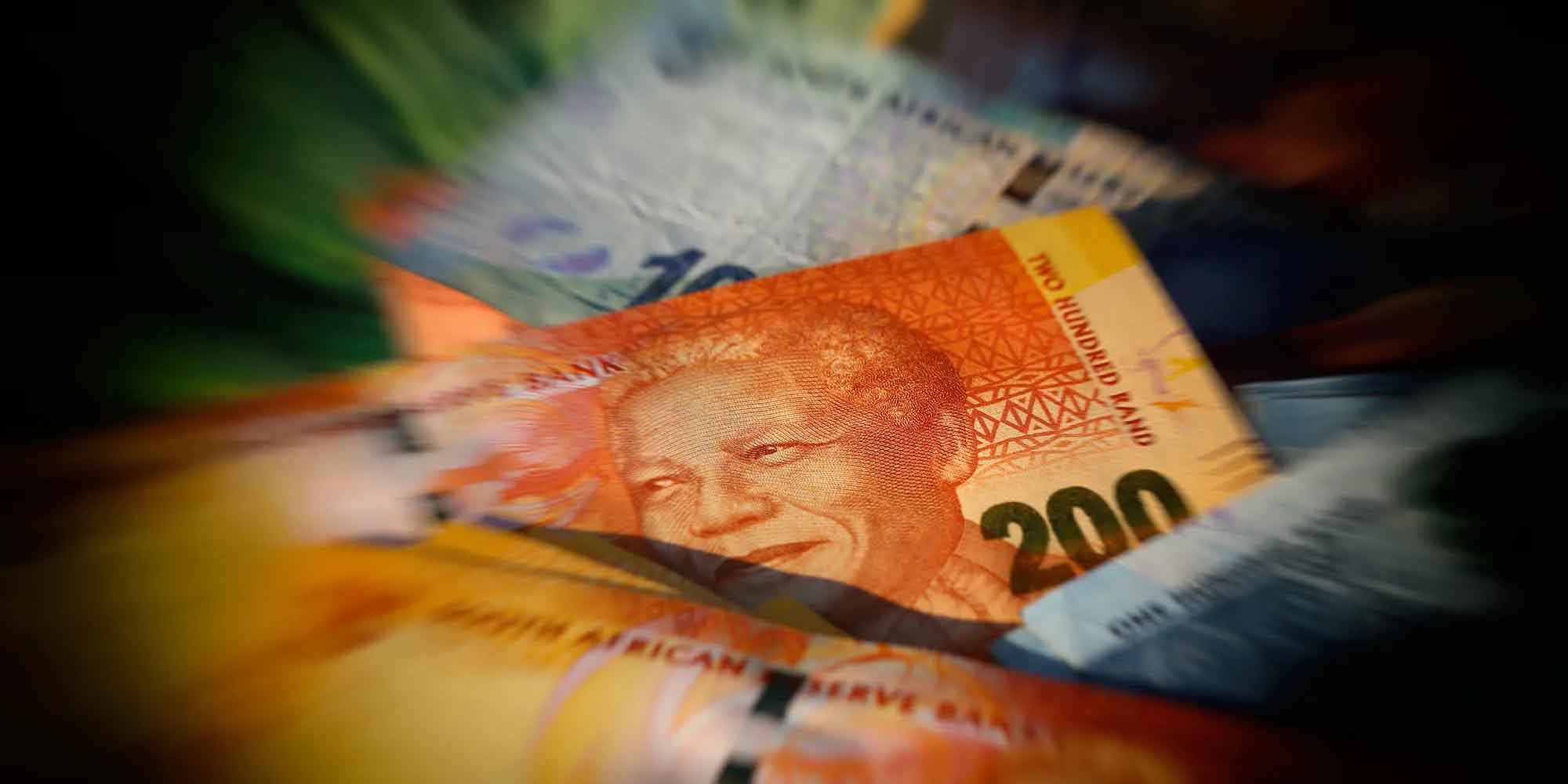When you decide to invest money overseas, you are spoilt for choice. There are many different ways to invest and thousands of options. The range of choices may seem overwhelming, but these simple guidelines can help you narrow them down and make sensible selections.
Rand-based overseas investments: It might seem nonsensical to talk about overseas investments based in South Africa and paid with rands, but they are worth considering. Usually, they are unit trusts or exchange-traded funds (ETFs) that track an international market, asset class or portfolio of investments.
For example, you can invest in the 500 largest companies listed on stock exchanges in the US. The index that tracks these companies is called the S&P 500, and you can buy a rand-denominated ETF that invests in it.
You can use an online trading platform, your banking app or an investment platform (known as a linked investment service provider) to buy this investment.
In addition to ETFs, a wide range of unit trusts invest in international markets, but are available in South Africa and priced in rands. For example, you can buy a global balanced fund that owns shares, bonds, property companies and international cash in one fund. These unit trusts are usually called global or feeder funds.
If you invest money in these investments, you do not need to apply for tax clearances or exchange control approval because you are investing in rands and will receive rands when you sell them.
Direct overseas investments: You transfer money from South Africa, convert your rands into a foreign currency and buy investments based in a different country. For example, say you want to follow Warren Buffett and buy shares in his company, Berkshire Hathaway. This would require you to open a stockbroking account, convert your rands into dollars and send your money to your stockbroking account overseas to buy the shares. If you sold your shares, the funds would be stored in your stockbroking account until you decide to transfer it to a bank account anywhere in the world.
You have an array of options when investing overseas in this way. You can buy shares, ETFs, unit trusts, physical property, unlisted businesses, commodities and even cryptocurrencies (if you must).
Buying foreign currency from South Africa is done via your single discretionary allowance, which enables you to invest R1-million a year, or you can apply for your foreign capital allowance of up to R10-million annually.
Time and amounts
If you invest relatively small amounts or use a monthly debit order, I prefer rand-based overseas investments. This is because you avoid the cost of converting your rands into foreign currency and investing your money is relatively simple and quick.
For larger amounts, such as R1-million and more, you should consider investing directly overseas. Your currency conversion costs are likely to be lower, and any expenses incurred in paying tax professionals to help with tax clearances will be a smaller percentage for larger sums.
Considering the tax implications of your direct overseas investments is very important. As a South African, you may be liable for estate duty in the US, UK and other countries in the event of your death, and sometimes estate duties can be as high as 40%.
However, countries such as Ireland, Switzerland and the Channel Islands do not tax South Africans. If your bank helped you to open a bank account in the UK, it would be wise to check the estate duty implications of this account – you might be in for a really rude shock.
A combination of direct offshore and rand-denominated global investments can work very well. For example, you could start a monthly debit order for a rand-denominated global investment until it reaches a value of R1-million, which can then be used to buy foreign currency and get invested directly overseas.
Investing abroad is a sound financial planning objective as it allows for risk reduction through diversification.
Although the options available to you may initially appear overwhelming, you can simplify your situation and achieve tax-efficient, long-term growth without excessive administrative hassles. DM
Warren Ingram is a certified financial planner at Galileo Capital, which he cofounded.
This story first appeared in our weekly Daily Maverick 168 newspaper, which is available countrywide for R35.





